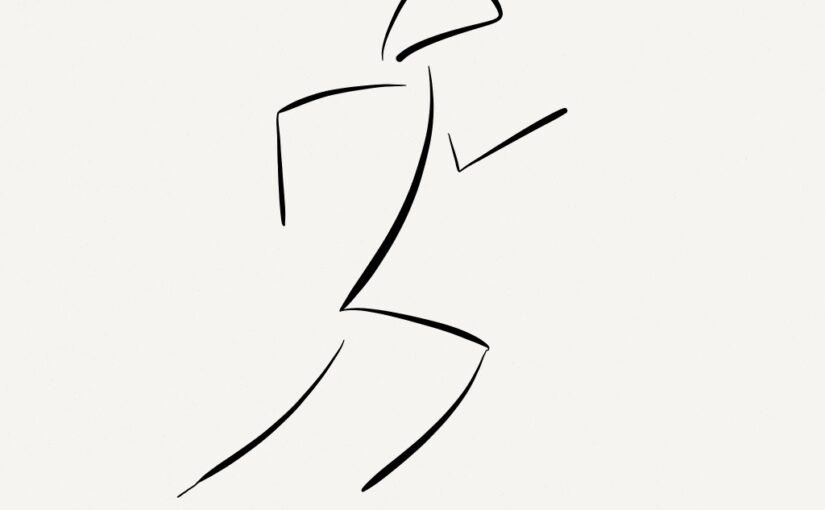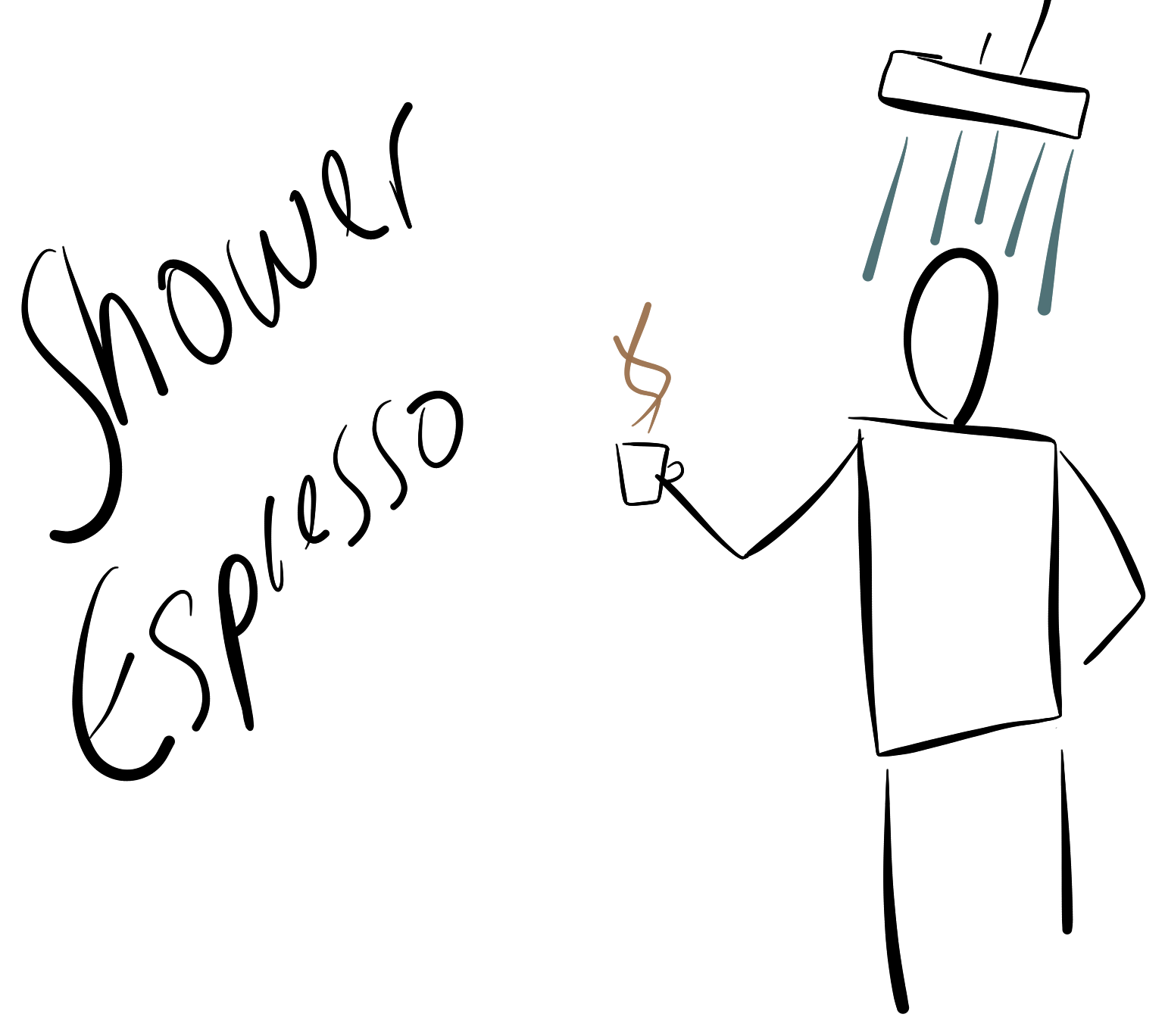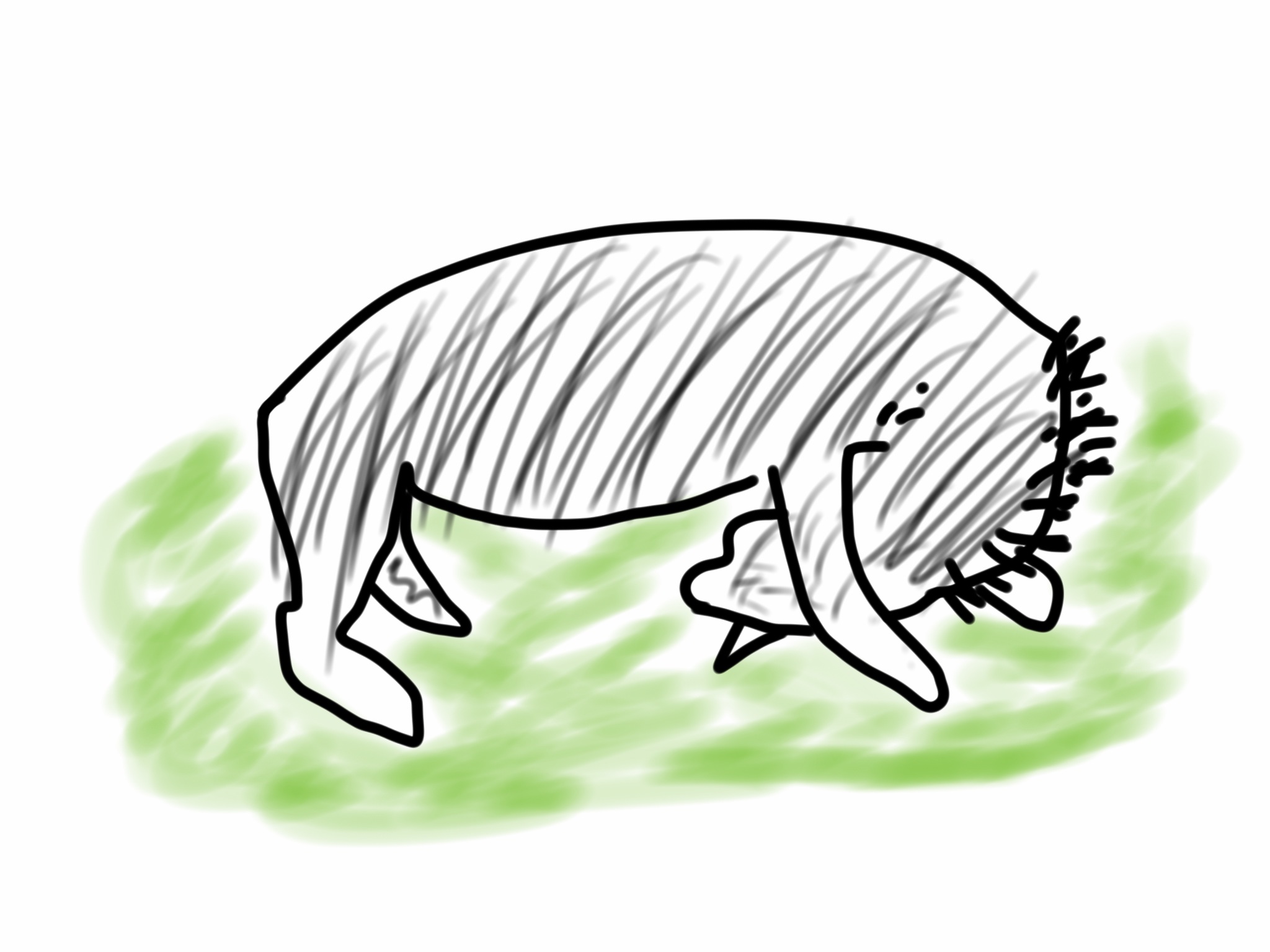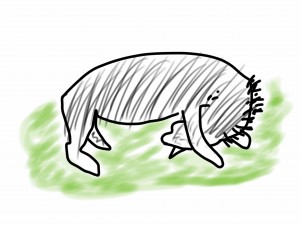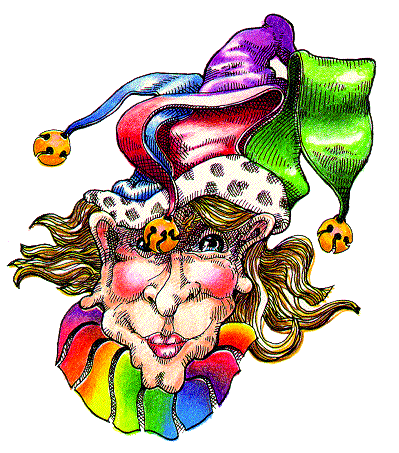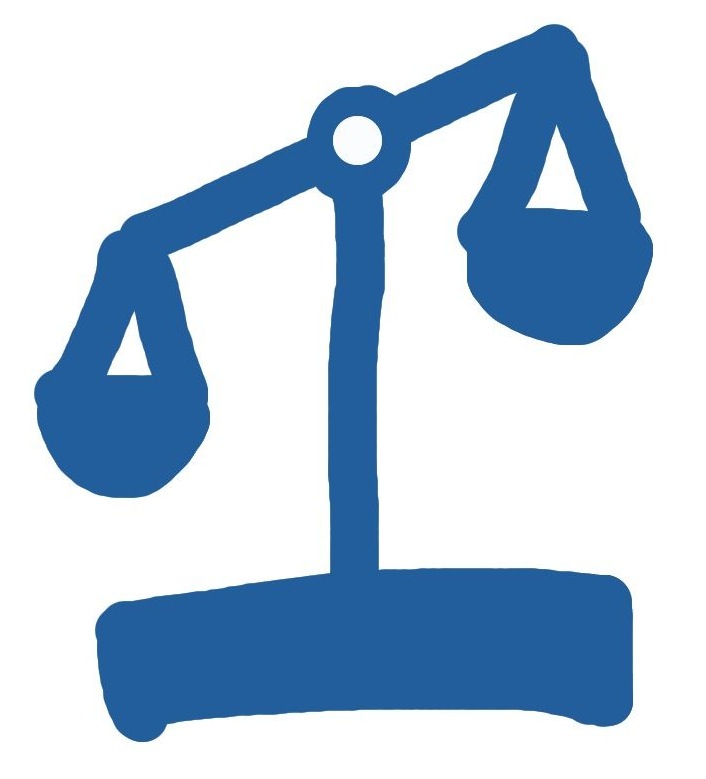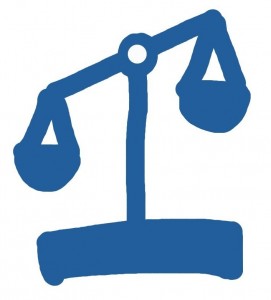What is it about showering and ideas?
In the shower one morning I was thinking about how the shower is an amazing place for thinking. A bit meta, I know but bear with me… I wondered if the supposed creativity-enhancing impact of caffeine could be combined with this shower effect. So the next day I drank my espresso in the shower.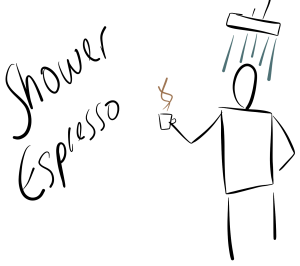
I’d love to report a creative binge of DaVinci-esque proportions. But no. I shaved a few seconds from my morning routine. My wife asked what the espresso cup was doing in the shower. And the world kept turning as before.
But it did give me plenty to consider. Why do we seem to have more ideas in the shower? A physiological impact from warm water stimulating the brain? Something Freudian about comfort and a return to the womb? The all-encompassing sound of falling water? Or a relaxing place away from distractions? Does it even matter HOW it works?
I like Seth Godin’s attitude to this:
When people buy a $90 bottle of wine, we have real clear data on this, they think it tastes better than a $10 bottle of wine even though we could switch the wines. So when I go to the person at the table I don’t say, “Would you like the expensive bottle of wine because the placebo effect will cause you to enjoy it more?” I have to put on the wine show in order for the placebo effect to work.
…So you can’t just walk up to people and tell them the digital truth and expect the placebo effect to work. It won’t. That’s the magic of the placebo effect. The challenge here, and the way I have dealt with it anyway, is to say the difference between manipulation and marketing is: manipulation is I get you to buy something that you regret later, and marketing is I get you to buy something you’re glad you bought.
Podcast
Maybe then, the shower espresso is a ‘wine show’ placebo and the real value comes from making time and space to think?
